Empowering the Leaders of Tomorrow
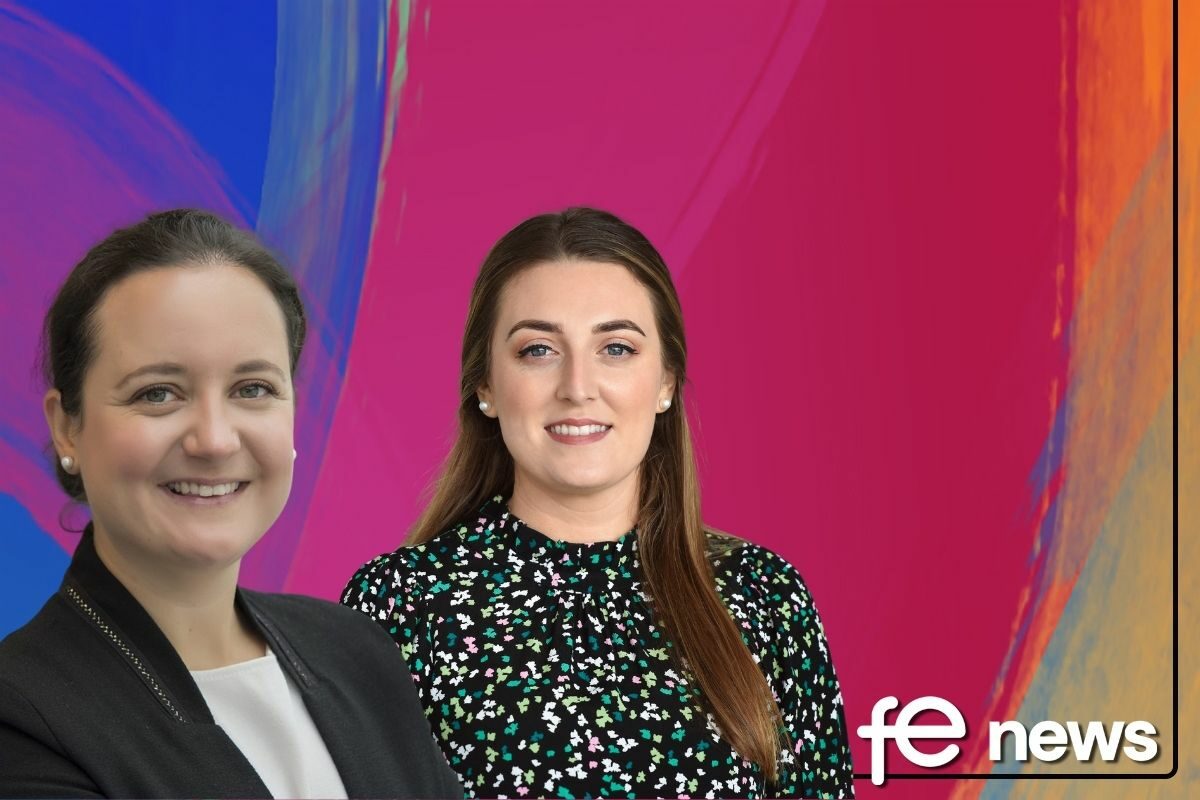
With the onset of the “Great Re-evaluation” – a period in which the global workforce has been reassessing their career stance and greater purpose of work[1] – we have seen a catastrophic shift in not only what workers want, but also what they need to excel in this new era.
Looking to the next batch of Generation Alpha leaders, it is necessary to examine the essential skills needed to grow through this increasingly hybrid world, ladened with post-pandemic alternatives to our previous practices both in the workplace and in educational settings.
At WISE, we aim to fine-tune and celebrate education leadership through our WISE Awards community, our cohort of WISE Emerging Leaders and the WISE Learners’ Voice programme. Through this work, we have identified three key pillars that can strengthen growth leadership mindsets in this complex time.
1) Looking inward to project outward
Leaders who act with self-awareness, compassion, and creativity – who cultivate their own and their team’s wellbeing and who weave people and projects together – are leaders who can spark innovation and change at system level.
We help to instill this mindset with our WISE Emerging Leaders programme, which offers up a space to young leaders in education to reflect through a ‘wholebeing’ experience of self-discovery, in order to identify how they can lead systemic change. Each year, emerging adults in education are nominated by their organisations to partake in this nine-month fellowship programme.
The programme is built on the foundation that through intrapersonal and interpersonal unearthing, identifying one’s self and one’s skills aids personal growth and deeper understanding of leadership. With modules such as ‘Wellbeing Practice’ and ‘The Wheel of Burnout’, and discussions around holistic wellbeing, the programme aims to equip future leaders with the tools and skills for “being well and being whole”.
Our most recent WISE Prize Laureate, Wendy Kopp, was recognised for her pivotal work in this space. Her research into a teaching network found that what organisations do to take care of their team directly relates to how they feel.
Top-down influence is important; seeing leadership as a journey of self-discovery empowers others in the organisation to do the same. Indeed, if those at leadership level lead with compassion and self-awareness, it can have a direct implication on how others lead themselves.
As we look for ways to improve our education systems and business practices more widely , it is a worthy investment to spend time on understanding the inner workings of the self and how to better enhance corporate empathy.
2) Capacity building
The OECD Future of Education and Skills 2030 project places a focus on “transformative competencies” needed in the face of tomorrow’s challenges. It highlights that the ability to communicate, co-operate and relate to others, as well as acting with autonomy, is essential to success. Our experience has proven this to be true and we believe organisations need to prioritise growing these skills.
The Skills Builder Partnership – one of our 2022 WISE Awards finalists – aims to enhance such abilities through a universal framework, designed around 21st century skills-building. Built to address the global skills gap by providing learning, literacy and life skills, it can ensure that the leaders of tomorrow receive a sufficient level of support that propels their skillsets.
Similarly, another 2022 WISE Awards finalist, Reap Benefit, aims to inspire youth to become action-based problem solvers through their platform Solve Ninja. The platform’s three-layered approach is centered around collecting local data, engaging in local campaigns, and building local solutions. Through this platform, Reap Benefit engages students in a range of communities across India, to tackle local civic and environmental problems. Impact studies have shown that participants in the programme demonstrate enhanced 21st-century skills, such as problem-solving, communication skills, critical thinking, grit and agency – skills that have been recognised as crucial to any learners to thrive in an uncertain future.
Our WISE Learners’ Voice programme has also been inspired by current research confirming that children and adults will need greater ability and tools to adapt to fast-moving change and circumstances and be resilient beyond the basics of reading, writing and arithmetic. This particular fellowship provides young people aged 14-16 with opportunities to shape the future of communities by engaging them in creative thinking, discussion and self-expression. It establishes an informal learning environment that not only builds learner agency, but also fosters better connections between students and their local ecosystems – better preparing them for civic engagement and public participation.
3) Near-to-peer guidance
The need for guidance, connection and relationship-building has never been more important after a period of such social disconnect. Near-to-peer engagement encourages leaders to feed-forward in their work,[2] and guidance and mentoring at the early onset of one’s career and/or education is crucial to closing the gap between education and workplace needs.
As such, the benefit of having a guardian close in age-range with additional experience and exposure allows emerging adults to further build their skills and agency, and to expand their social capital, while having the advantage of relatability and common-ground. The art of peer guidance not only empowers others, but encourages commitment to paying-it-forward.
Establishing a space for peer-thinking and collaboration could further extend peer engagement. A striking example is that of Peer Coaching Plan, a 2019 WISE Awards finalist project that supports young teachers across rural China, as well as ChalkLit, which provides a microlearning peer network in India. The development of such microcosms not only benefits the mentee, but also the mentor in learning from both like-minded and diverse individuals.
To leverage the power of mentorship, WISE’s Emerging Leaders programme matches fellows with mentors to guide them during the project development phases of their learning experience. Mentors with expertise in the relevant fields support fellows primarily on technical aspects but also on leadership. Pairings have also previously resulted in positive outcomes such as professional collaborations and access to new education networks.
Further, it cannot be overlooked that the cohort itself can act as a peer-mentoring community. Through peer-learning and peer-coaching, the programme leverages the collective intelligence available within the cohort. Ulitmately, proximity in age and similarity in aspirations have amplifying effects creating a long lasting community of supporters and collaborators.
Empowering the Leaders of Tomorrow takes a collective effort and comprehensive approach. Beyond equipping future leaders with the necessary skills to thrive, it also implies fostering a community of leaders that is well, resilient, and ready to tackle the challenges coming their way.
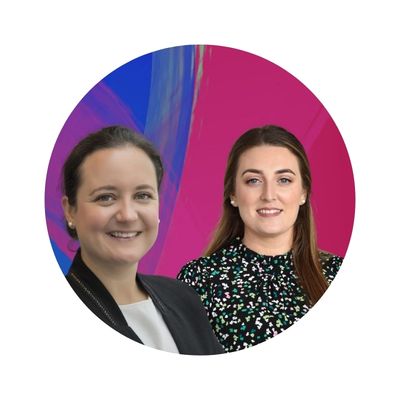
Audrey Giacomini is the Manager of the Innovation for Quality and Access track at WISE, an initiative of Qatar Foundation. In her role, Audrey, with her team, is in charge of managing WISE programmes and is also involved in the curation of content for WISE events.
Niamh is an Associate in the Innovation for Quality and Access track at WISE, supporting the running of the WISE Awards, WISE Emerging Leaders and WISE Prize for Education programmes. Before joining WISE, she spent five years working as a primary school teacher, with keen interest and experience in play-based learning. Niamh also spent time as a volunteer with small-scale NGOs focused on education and health access across Africa, which led her passion towards education in crisis contexts.
[2] Enhancing Ed and Career Pathways social capital November 2021.pdf

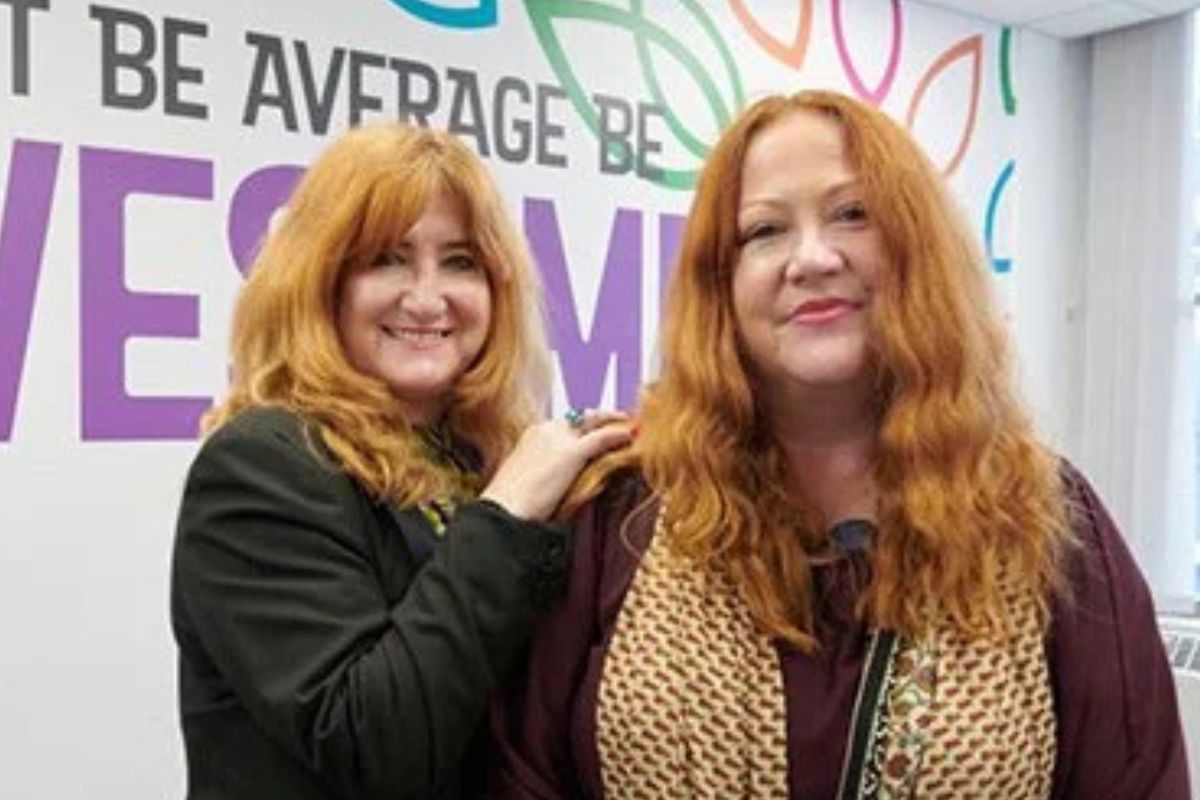






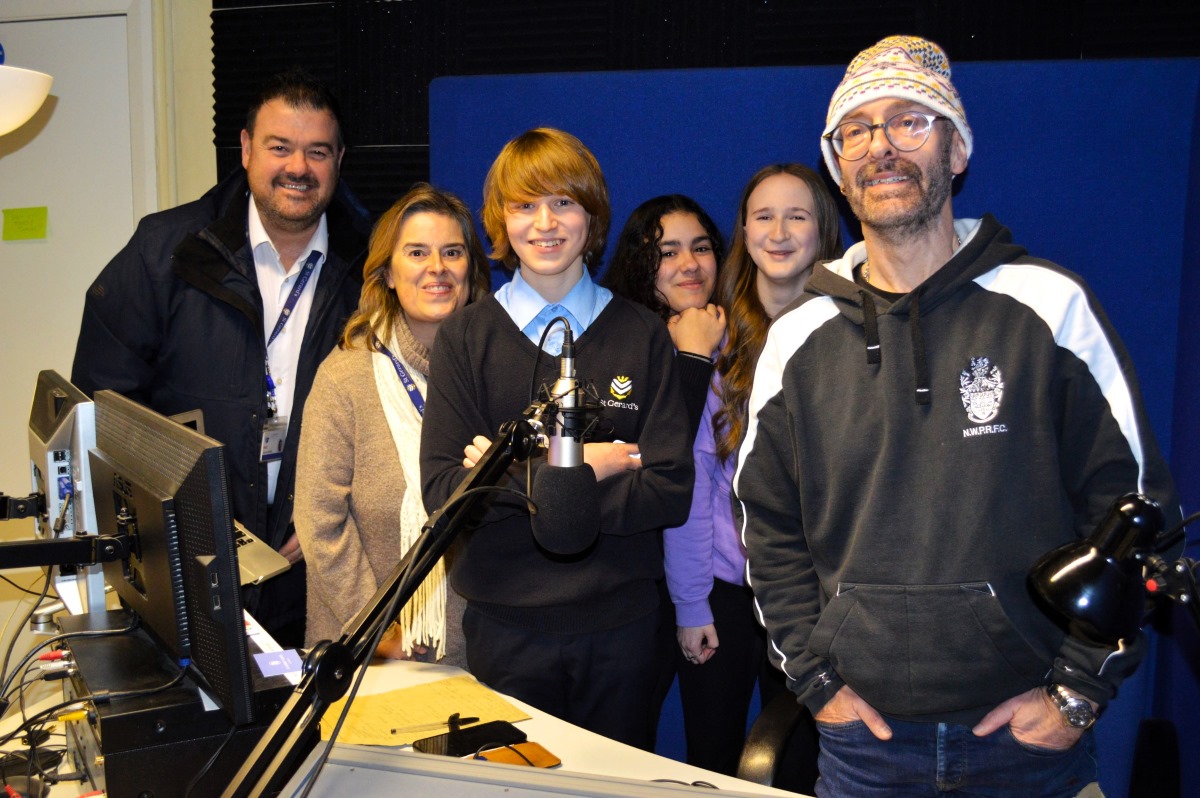

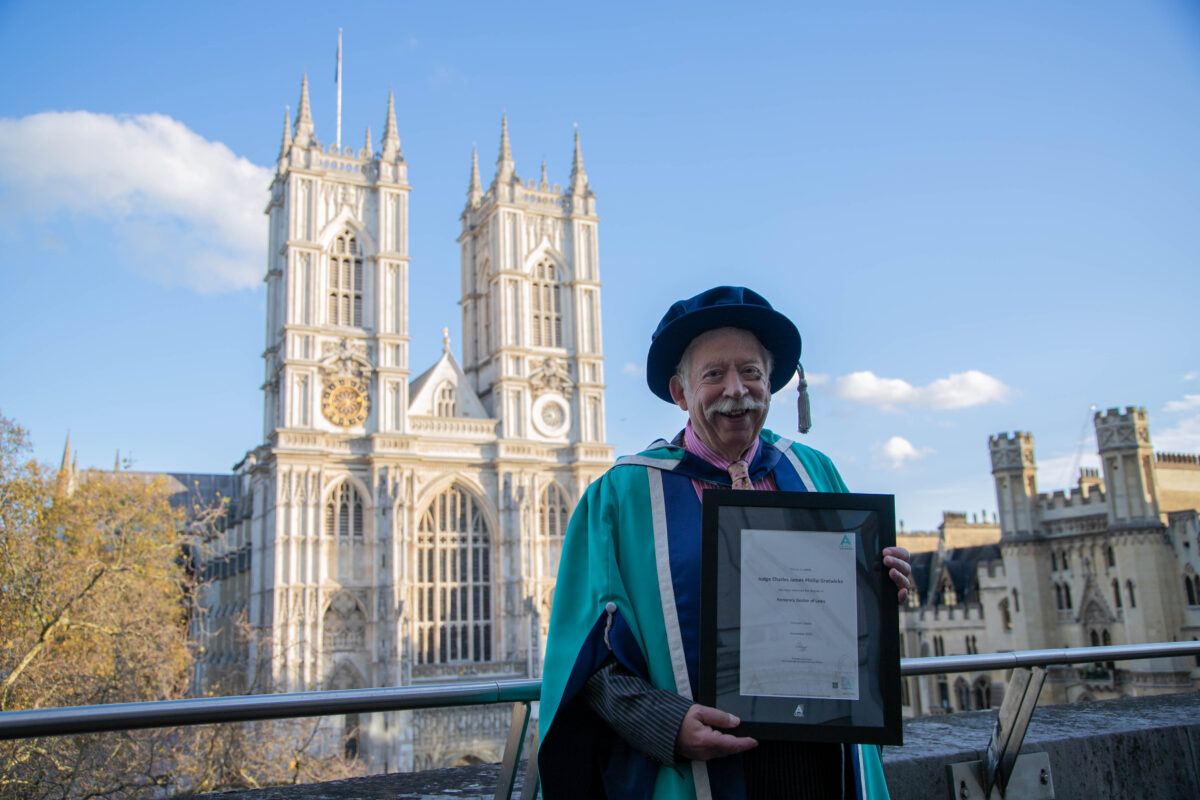
Responses